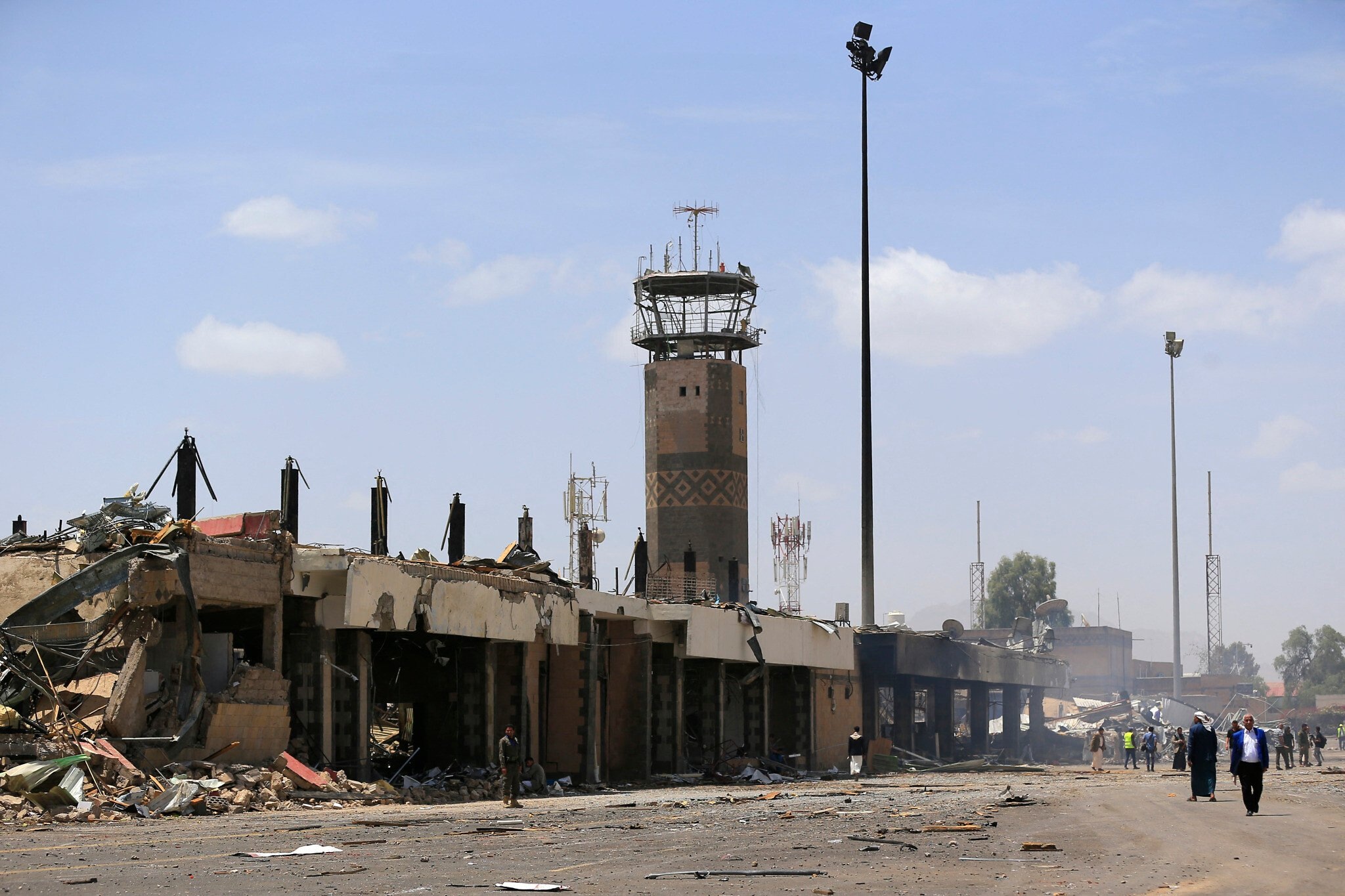On July 21, 2025, the Israel Defense Forces (IDF) launched military strikes against Houthi terror targets at Yemen’s Hodeidah port, a strategic location along the Red Sea.
The recent escalation between Israel and Yemen’s Iran-backed Houthi rebels marks a significant intensification in the ongoing regional conflict.
Israeli Defense Minister Israel Katz explicitly warned that Yemen’s fate will mirror that of Tehran following Israeli strikes on Houthi-controlled ports.
Katz underscored the operation as part of a robust campaign to prevent the reestablishment of terrorist infrastructure previously targeted by Israel.
This port and others such as al-Salif and Ras Isa have been critical in the Houthis’ alleged campaign to transfer weapons supplied by Iran.
It reportedly enables hostile operations including missile attacks against Israeli territories and assaults on commercial shipping lanes.
Katz’s declarations have been notably emphatic.
He stated, “The Houthis will pay a heavy price for launching missiles at the State of Israel.”
Katz also cautioned that defense actions would continue relentlessly “at any time and in any place” to protect Israel’s sovereignty.
His comments are consistent with the broader Israeli strategic narrative that equates the Houthis with Iran’s proxy network.
He warned that Iran’s regime sponsors the Houthi movement and thus shares accountability for their attacks.
Katz emphasized, “the fate of Yemen is the same as Tehran,” a phrase that closely follows similar rhetoric Israel employed regarding its military posture towards Iran itself amid.
This is supposedly escalating tensions arising from Iran’s regional activities and its support for groups hostile to Israel.
This warning and military intervention follow a pattern of sustained Houthi missile and drone attacks on Israel beginning after the outbreak of the Gaza conflict in October 2023.
Since then, the Houthis have regularly launched hundreds of missiles towards Israeli territory.
This act showed their solidarity with the Palestinians and asserting their opposition to Israeli military actions in Gaza.
They have also attacked maritime traffic in the Red Sea corridor, aiming to disrupt commerce and exert pressure regionally.
An example of this is the seizure and militarization of the vessel Galaxy Leader, which has been implicated in facilitating weapons shipments and was targeted by Israeli strikes as part of the “Black Flag” operation.
Israel’s recent operations are a direct response to these provocations.
The IDF carried out precise strikes on infrastructure such as fuel tanks, engineering equipment, and radar installations supporting Houthi military activities.
Israel accuses the Houthis of embedding their terror infrastructure within civilian ports, which complicates the conflict and risks wider regional destabilization.
The strikes specifically aimed to thwart efforts by the Houthis to repair and reestablish their military capabilities after prior attacks.
The conflict’s broader geopolitical implications are significant.
Israeli officials maintain that recognizing the Houthis as an extension of Iran’s proxy network justifies robust military responses similar to those directed against Hezbollah in Lebanon or Hamas in Gaza.
Katz and Israeli military leaders have intimated that Israel must be capable of defense independent of U.S. support if necessary.
This reflects concern about American diplomatic initiatives, such as recent ceasefire negotiations between the U.S. and the Houthis.
Moreover, Katz’s stark ultimatum that “whoever raises a hand against Israel will have their hand cut off” signals Israel’s determined and uncompromising stance against perceived threats emanating from Yemen and Iran.
This approach mirrors Israel’s earlier military campaigns against Iran-backed groups across the region and reinforces its deterrence policy intended to neutralize threats before they can escalate into existential risks.
In conclusion, Israel’s recent military actions against the Houthis in Yemen’s strategic Red Sea ports and Katz’s accompanying rhetoric underscore a critical phase in Israel’s regional security posture.
By linking Yemen’s fate with Tehran’s, Israel is signaling its resolve to confront Iranian influence and proxy militias aggressively.
The ongoing strikes in Hodeidah and other ports aim to dismantle the logistical and military capabilities of the Houthis, thereby attempting to curb their missile attacks on Israel.
The situation adds a complex dimension to the Middle East conflict dynamics.
This highlights the intersection of conventional military operations, proxy warfare, and geopolitical rivalries between Israel, Iran, and their respective allies and proxies.
Israel’s strategic aim is supposedly transparent:
to send a decisive message that attacks from Yemen will evoke a response as forceful and consequential as those inflicted on Tehran and other Iranian-backed groups, setting the stage for further confrontations unless diplomatic resolutions are viable.







